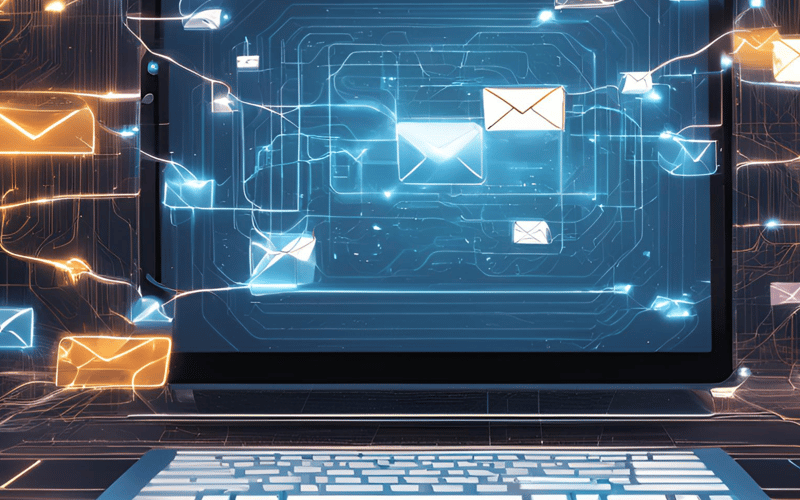Introduction :
Email is still one of the most important tools for communication in both personal and professional settings in today’s digital world. However, have you ever pondered the true operation of email systems? We’ll go over the elements of sending, receiving, and handling emails in this post, along with how they work together to guarantee smooth communication.
Key Components of the Email System :
MUA (Mail User Agent): The interface that users interact with. It’s your email client—whether it’s Outlook, Gmail, Roundcube or Apple Mail. The MUA is responsible for creating, sending, and receiving email messages.
MTA (Mail Transfer Agent): This is the mail server that moves emails between computers, like Postfix or Exim. It transfers the messages from the sender’s email server to the recipient’s server using SMTP (Simple Mail Transfer Protocol).
MDA (Mail Delivery Agent): The MDA is responsible for storing the received emails like Dovecot or Microsoft Exchange Server. It works with the MTA to deliver emails to the recipient’s inbox.
IMAP/POP3: These are the protocols used by the MUA to retrieve emails from the MDA. IMAP syncs the email across multiple devices, while POP3 downloads and stores the email on a single device.
SMTP (Simple Mail Transfer Protocol) : is a protocol used for sending emails across the internet. It allows Mail Transfer Agents (MTAs) to communicate and transfer email messages between servers. SMTP **operates primarily for outbound mail, ensuring the delivery of emails from the sender’s **MTA to the recipient’s MTA.
How Do These Components Interact? :
- When a user wants to send an email, the MUA (e.g., Gmail or Outlook) creates the message and hands it over to the MTA via SMTP.
- The MTA then transfers the email to the recipient’s MTA.
Upon arrival, the recipient’s MTA passes the email to the MDA. - Finally, the recipient’s MUA retrieves the email from the MDA using either IMAP or POP3, allowing them to read the message.
Here is a simple mind map that illustrates the workflow:
Conclusion :
Gaining knowledge about the email system helps us understand how different parts cooperate to maintain efficient communication. Every component of the system is essential, whether you’re sending or receiving communications. Anyone dealing with email technology, enhancing system security, or even troubleshooting email delivery needs to know this information.
Source link
lol

